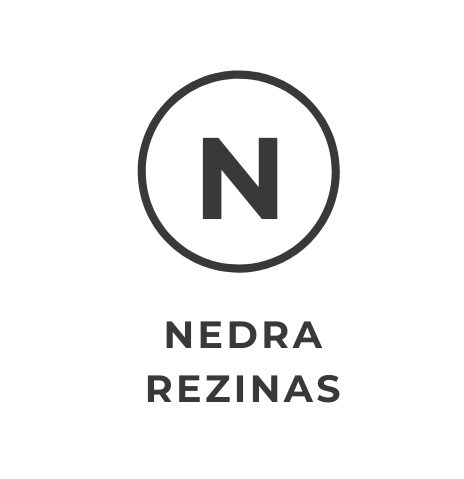What is Ethical Marketing? - Why Does It Matter?
I’m curious how many of you have strong feelings about ethics in marketing? What does it look like? Sometimes it can feel reactive to how you’ve been treated by another business, especially if you feel like you’ve been manipulated or if you feel like your privacy is at stake.
It can be aligned with promoting your product or service truthfully and building trust and long-term relationships with your customers. Making sure you don’t spread misinformation or how your business is commitment to social responsibility.
I’ve been focusing on practicing and educating myself on marketing ethics. As someone who provides marketing strategy and coaching, how can I improve what I teach and coach? Here’s a few resources that have helped me:
1) I recently completed a certification on Marketing Ethics on LinkedIn. This course gave a slew of resources, my favorite was the 4 Pillars of Ethical Marketing:
Be Accurate - such as using facts not opinions
Be Truthful - be upfront rather than indirect in your communication
Be Objective - recognize weaknesses as well as strengths
Be Fair - protect personal consumer privacy
2) I recently signed a pledge on the Ethical Move website, a movement made up of folks from around the world who want to challenge assumptions, to create conversation, and to connect with others who want to break the cycle on unethical selling and marketing.
Some of the tactics they encourage you rethink are:
False scarcity and how it’s designed to make an opportunity, product or service seem more rare, and therefore more valuable than it actually is. Instead, they encourage transparency and be honest about availability for your business.
Countdown timers (ticker) create feelings of anxiety and a false sense of urgency: “You have to do it now… or you will lose out forever”. Instead use the final date and time to indicate the end of your sale without a time ticker.
Bait and switch occurs when we are led to expect something of value, and what we get doesn’t match that expectation (a webinar turning into an unexpected sales pitch). Bait is designed to cognitively prime us for receiving value, and once we are lured in and the value item is removed, we become anxious to fill the void with almost any solution that will make us feel whole again. - Instead, when you provide value with a pitch connected to it (such as a webinar) tell your audience in your invitation and introduction how it will be presented, receive their consent, and then deliver your value with your audience having knowledge of what to expect.
This has been so enlightening for me to consider and rework my own marketing so I’m using ethical tactics. I know it can be very confusing out there to know how this approaches will land with your audiences, but I think a good question to ask - how does it make you feel to be treated with sneaky tactics?
3) I did a webinar with my colleague Bill Hershey on Authenticity and Ethics in Marketing. I spoke about my previous business as a web designer, how I struggled because I wore a mask and wasn’t myself and how that hurt my business. Also we talk about ways to build your email list ethically and a lot more.
How are you feeling about ethical marketing? Want to work with a marketing coach who will encourage you to use ethical marketing tactics? Let's talk, I would love to help you.
